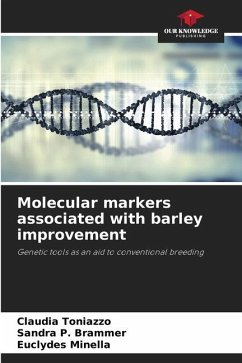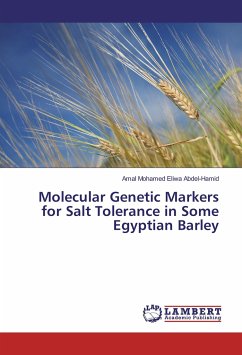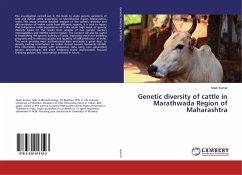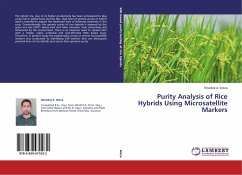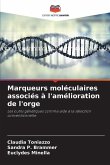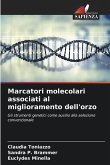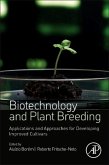Molecular markers help in the selection of traits that are difficult to evaluate and directly access polymorphism at the DNA level. Conventional barley breeding becomes critical when selection is based solely on phenotypic data. The aim was to analyze and determine the genetic distance between 12 barley genotypes grown in seven locations in southern Brazil. Molecular analysis was carried out using 16 microsatellite markers and the micromalting characteristics were highly influenced by the environment for the different locations/genotypes. Relating the genotypic data to the phenotypic data, the genotypes that stood out in terms of malt quality appeared in the same groups in terms of genetic diversity. However, when verifying the kinship between the genotypes and the genetic diversity obtained by microsatellites, the genetic distances identified the formation of more groups when compared to the results of micromalting alone. Therefore, the use of these markers shows greater specificity and can be used immediately in barley breeding programs.

